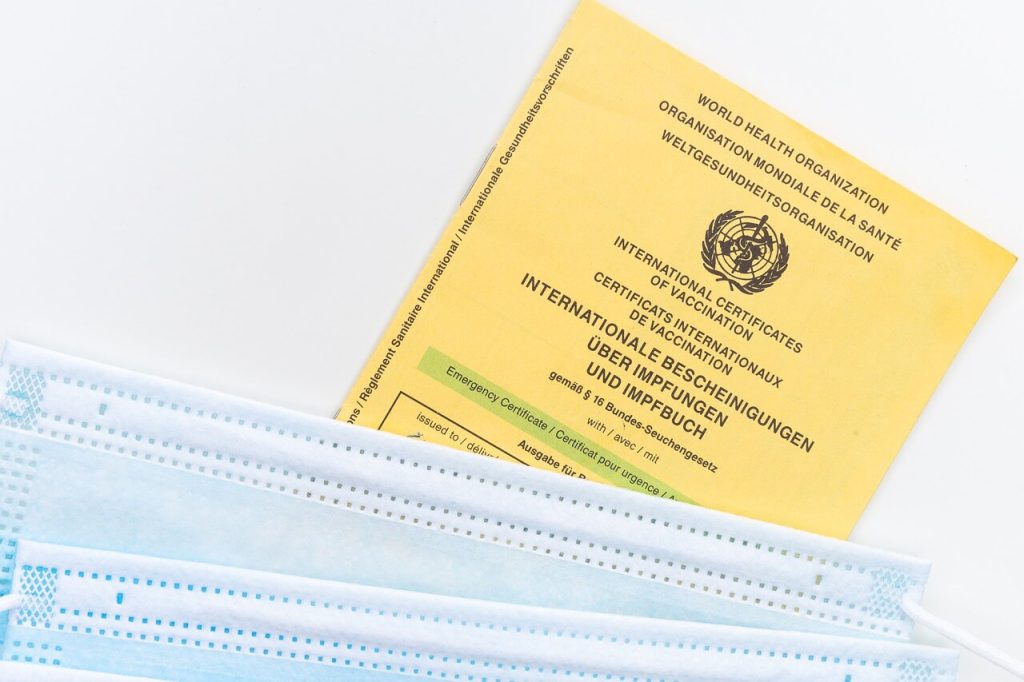After Greece made a decision on vaccinated travelers, all travelers who have been vaccinated with two doses, regardless of whether it has been approved by the European Medicines Agency (EMA), will be able to cross the Croatian border tomorrow, Jutarnji List unofficially finds out.
Anyone with a vaccination certificate will be able to cross the border without presenting a negative PCR test, regardless of whether they have received AstraZeneca, Pfizer, Moderna, or, for example, Sputnik or the Chinese vaccine which are not approved for use in the EU.
However, Jutarnji writes that the decision will be subject to change if the European Union is set differently according to vaccines that are not approved in Europe. Also, the Decision on Borders, which will be presented today by the National Headquarters, will include the possibility of crossing the border with the presentation of a rapid antigen test, but only one that has been validated and approved by the EMA. Persons who have contracted the coronavirus within a maximum of six months, and if they have a negative PCR test, not older than 48 hours, will also cross the border without quarantine. Children under the age of seven can still cross the border without restrictions.
The news comes just a day or two after the head of the Croatian National Public Health Institute, Krunoslav Capak, told Croats that he did not advise them to go to Serbia for vaccinations, among other things, because vaccines not approved by the EMA are being used in Serbia. Still, it seems that in the Croatian case, the advantage that vaccines have for the economy, primarily tourism, has prevailed.
Before Croatia, the decision to release people vaccinated with Sputnik and Chinese vaccines across the borders was announced by our competitor Greece, which, as the media reported so far, agreed to accept the vaccination certificate with these two types of preparations with Serbia. Greece will generally begin to recognize certificates to all their holders, all in pledge to save the tourist season that left Greece empty-handed last year.
As Ivan Pukšar, a tourism consultant and owner of Coned turizam, explained to Jutarnji List, it is good for Croatia to go in the direction of facilitating border crossings and allowing people who have been vaccinated with both Chinese and Russian vaccines to enable as many tourists as possible.
This decision is important to us, among other things, because of the Hungarian market, which has already enabled its citizens to be vaccinated with Russian and Chinese vaccines, so it would be desirable for these tourists to spend the summer on the Adriatic without the need to go to quarantine or perform testing, said Pukšar, adding that he is not surprised by the great engagement of Greece in this regard, given that they work extremely actively on the promotion and image of their country.
“There are several reasons for this, and the first is certainly the fact that Greece is highly dependent on tourism, and it is also an air destination that, along with domestic guests and visitors from ships, cannot compensate for tourist traffic, so it is imperative to attract every possible guest. Third, Greece is dependent on British tourists who this year threaten not to travel before the end of July, which is why Greek tourism is in a much worse position than Croatian,” Pukšar believes.
Greek Tourism Minister Haris Theoharis and Serbian Minister Tatjana Matic reached an agreement on Monday, and it will take effect on May 14. Unfortunately, Jutarnji did not receive information from the Greek Ministry of Tourism of whether this decision will be applied to citizens of other countries. However, the unofficial information Jutarnji has about Croatia says that today, the public will be presented with new conditions for entering Croatia, which will make it as easy as possible for foreign visitors to visit our country.
Formally, there are no obstacles to such a decision that would prevent EU member states from making their own decisions on recognizing certificates for Chinese and Russian vaccines, as recently announced by European Commission President Ursula von der Leyen when, presenting the Covid-passport project, she noted that EU members will have to cross the borders with a digital – green certificate, but that this decision can be extended to other vaccines.
Neighboring Slovenia was the first country in the region to allow vaccinated people to cross the border in general. Still, this decision currently applies only to vaccines registered in the EU. The Slovenian border rules say that entry is possible for everyone who has been vaccinated with the second dose of Astra Zeneca 21 days before traveling, or seven days with Pfizer and 14 days with Moderna.
For the latest travel updates and COVID-19 news from Croatia, CLICK HERE.











